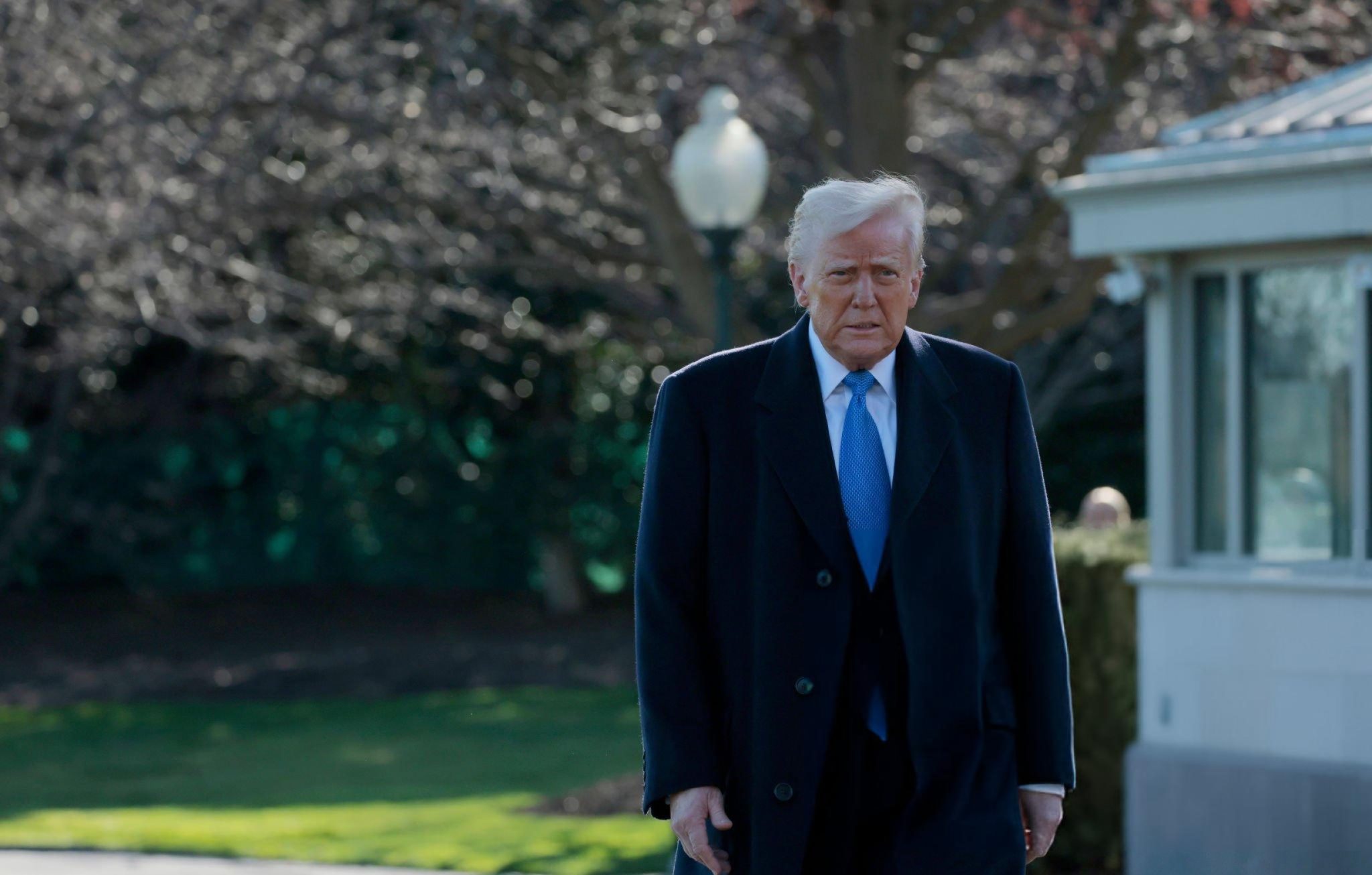Jonathan Reynolds, the UK’s Trade Secretary, is set to address MPs on Thursday morning following the announcement of sweeping import levies by former US President Donald Trump. The move has sent shockwaves through global markets, with British businesses scrambling to assess the impact of the new tariffs.
Prime Minister Rishi Sunak is expected to meet with business leaders to discuss mitigation strategies, while Reynolds will attempt to reassure Parliament that the government is actively working to secure a more favourable trade arrangement with Washington.
A shock to British trade
Trump’s new tariffs include a 10% duty on UK imports and a much heavier 25% levy on all foreign cars entering the US. The latter measure is feared to put at risk as many as 25,000 jobs in the British automotive industry. The tariffs, set to take effect from 5am UK time on Thursday, are part of Trump’s broader strategy to implement what he calls “reciprocal” economic measures.
In a fiery speech delivered from the White House Rose Garden, Trump described the policy as a “declaration of economic independence,” vowing to ensure that American businesses are no longer “taken advantage of” by trading partners. He also criticised what he called “exorbitant” VAT rates in other countries, arguing that such measures act as barriers to US firms.
UK’s response: Negotiation over retaliation
While the European Union, Japan, and China have been slapped with even steeper tariffs—20%, 24%, and 34% respectively—Downing Street has insisted that its softer approach to US trade talks has been vindicated. A senior government source pointed out that the UK has avoided the worst of Trump’s tariffs, stating:
“We don’t want any tariffs at all, but a lower levy than others vindicates our approach. The difference between 10% and 20% is thousands of jobs.”
No immediate retaliatory measures are expected from the UK government, with officials instead focusing on securing an economic deal with Washington that could soften the blow of Trump’s policy. Reynolds confirmed that discussions with US counterparts would continue, stressing that “nothing is off the table” when it comes to protecting British businesses.
Labour and business leaders react
Labour leader Sir Keir Starmer is set to meet with business leaders on Thursday, as concerns grow about the potential long-term damage to UK exporters. The Federation of Small Businesses (FSB) warned that the tariffs would deal a “major blow” to small and medium-sized enterprises (SMEs) already struggling amid weak domestic growth.
FSB policy chair Tina McKenzie described the move as a “serious setback” for UK trade, stating:
“The fallout will stifle growth, hurt opportunities, and put a serious dent in the global economy.”
Meanwhile, Shadow Trade Secretary Andrew Griffith argued that Brexit had helped shield the UK from higher tariffs, stating:
“The silver lining is that Brexit, which Labour ministers voted against no less than 48 times, means that we face far lower tariffs than the EU: a Brexit dividend that will have protected thousands of British jobs and businesses.”
A call for closer European ties?
Liberal Democrat leader Sir Ed Davey, however, has taken a different stance, calling for closer collaboration with Europe in response to Trump’s aggressive trade policies. Accusing the former US president of igniting a “destructive trade war,” Sir Ed urged the government to work alongside European and Commonwealth partners to push back against the tariffs.
“The Prime Minister should bring our Commonwealth and European partners together in a coalition of the willing against Trump’s tariffs, using retaliatory tariffs where necessary and signing new trade deals with each other where possible,” he said.
Markets react
Financial markets reacted sharply to the announcement, with the US dollar initially tumbling against other currencies before stabilising as Trump’s full package of measures was unveiled. Economists have warned that the tariffs could lead to higher consumer prices in both the US and the UK, while also straining diplomatic relations between London and Washington.
Despite the concerns, Trump remained defiant, describing the move as one of the “most important days” in American history.
“It’s our declaration of economic independence,” he declared.
What next?
With the tariffs set to remain in place indefinitely, pending a review by the US administration, UK officials will continue their efforts to secure a trade deal that mitigates their impact. All eyes will be on Jonathan Reynolds’ statement to MPs on Thursday morning, as businesses and political leaders await clarity on how the UK government plans to respond.






